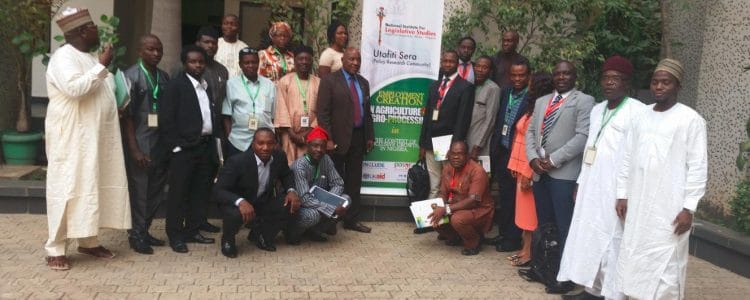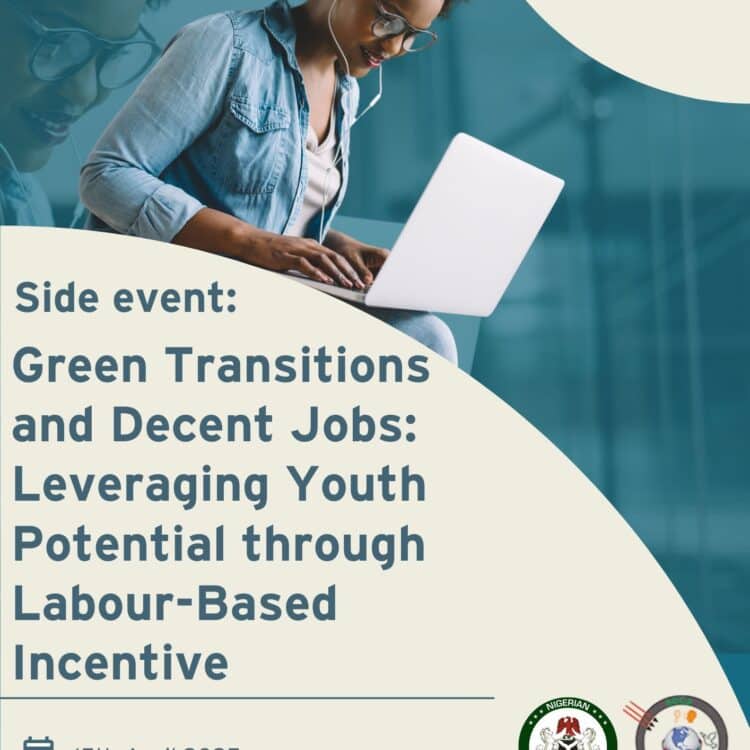
On 31st January, 2017, the Nigerian Institute for Legislative Studies (NILS) in collaboration with The Partnership for African Social and Governance Research (PASGR) and the Dutch Knowledge Platform on Inclusive Development (INCLUDE) organised a one day stakeholder’s forum on employment creation in agriculture and agro-processing in the context of inclusive growth in Nigeria. The forum brought together 47 key stakeholders in the agriculture and agro-processing industries, the academia, policy makers, practitioners, international civil society and other active players in the economy. During the workshop, stakeholders discussed the findings and policy recommendations of a study on ‘Political settlements analysis of employment creation in agriculture and agro-industries in Nigeria’.
Key findings
- The rice and cotton sectors lack a large coalition of interest groups that share a common long term vision of the state to support local production and create jobs.
- In both sectors, the influence of importers are a major blockage to employment creation, as smallholder farmers are crowded out by imports leading to collapse of rice mills and textile factories.
The first presentation focused on the findings of the study as well as existing literature on employment creation in the agriculture sector in Nigeria, while the second was a presentation on transforming domestic private investment in the rice and cotton value chains to promote employment creation.
Strategies to promote employment and inclusiveness in the agriculture value chain
- Promote the development of industrial cluster
- Monitoring and evaluation of agriculture budget for job creation
- Operationalization of youth in agribusiness policy
- Addressing gender disparity in wage employment.
As a way forward, these strategies were to inform further discussions with key members of the Nigerian Senate, House of Representatives, and the Executives in three Breakfast meetings.




